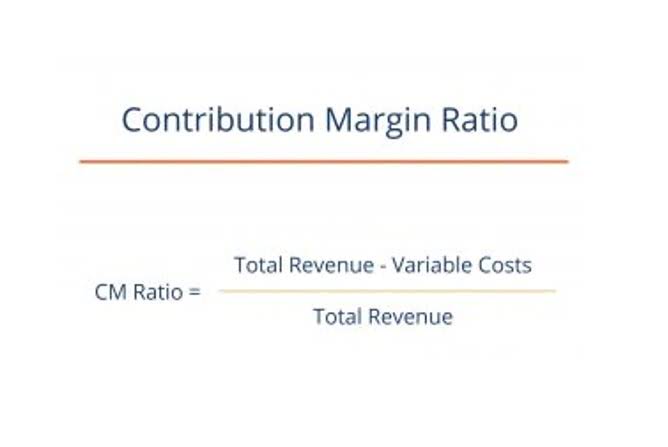
However, this process can have a significant impact on a company’s financial performance and balance sheet. Therefore, properly accounting for bad debt is essential for making informed business decisions and ensuring the accuracy of financial statements. Recording bad debts is an important step in business bookkeeping and accounting. It’ll help keep your books balanced and give you realistic insight into your company’s accounts, allowing you to make better financial decisions. However, bad debt expenses only need to be recorded if you use accrual-based accounting. Most businesses use accrual accounting as it is recommended by Generally Accepted Accounting Principle (GAAP) standards.
- By implementing automated systems, businesses can enhance visibility, ensure secure payment processing, reduce manual workload, and optimize costs.
- Banks prefer to never have to write off bad debt since their loan portfolios are their primary assets and source of future revenue.
- Bad debt expense also helps companies identify which customers default on payments more often than others.
- Does it give you an irresistible urge to buy the newest iPhone?
- King recommends trying “a couple months of detox and just buy the things you need.
While you may have an ill-fated loan or two, credit sales are much more likely to become worthless debt. A debt becomes worthless when the surrounding facts and circumstances indicate there’s no reasonable expectation that the debt will be repaid. To show that a debt is worthless, you must establish that you’ve taken reasonable steps to collect the debt. It’s not necessary to go to court if you can show that a judgment from the court would be uncollectible. You may take the deduction only in the year the debt becomes worthless. You don’t have to wait until a debt is due to determine that it’s worthless.
Take your financial knowledge to new heights
The most basic way to look at bad debts are as aged accounts receivable. In accrual accounting, any money owed to your business is considered an account receivable. This method of accounting relies on accruing balances over time.
- All loans made by corporations are automatically treated as business debts.
- They can advise which type is appropriate, ensure you are following protocols and maximize what types of debts can potentially be eliminated.
- Note that with either of these approaches, staying current on all debt payments is important, meaning that you should pay at least the minimum amount due, while dedicating any extra contributions to the targeted debt.
- Most businesses use accrual accounting as it is recommended by Generally Accepted Accounting Principle (GAAP) standards.
- Therefore, there is no guaranteed way to find a specific value of bad debt expense, which is why we estimate it within reasonable parameters.
- If you use the cash method, where you don’t count income until you receive payment, the debt won’t qualify as bad because it was never on your books as income.
- Bad debt arises when a customer either cannot pay because of financial difficulties or chooses not to pay due to a disagreement over the product or service they were sold.
There are numerous side jobs you can take on for extra income to put towards paying off your debt more quickly. While there are no guarantees that a lender will agree to negotiate the terms of your debt, you may have more luck if you’re a long-term customer with a history of on-time payments. In this case, a lender may be willing to waive fees, shift due dates, or how to write off bad debt even lower the interest rate. And these actions should not affect the individual’s credit rating, Wood notes. If left unaddressed, these debts can end up in the hands of collection agencies after months of non-payment. And, aside from the stress and frustration that comes with it, having debt in collections can also severely negatively impact your credit score.
Importance of Bad Debt Expense
The study also found that about 13% of consumers had errors on their report that affected their credit scores, and 5% had errors that raised their interest rates or even resulted in a credit denial. If you aren’t checking your report’s accuracy, you could end up paying for somebody else’s mistake. Maybe that chunk of money in your retirement fund is singing a siren song, trying to lure you into using it to pay off your debt. Because there are usually stiff financial penalties if you withdraw money early, and because many companies at least partially match your retirement contributions. But getting out from under debt doesn’t have to be chock-full of misery, pain, and hopelessness.


